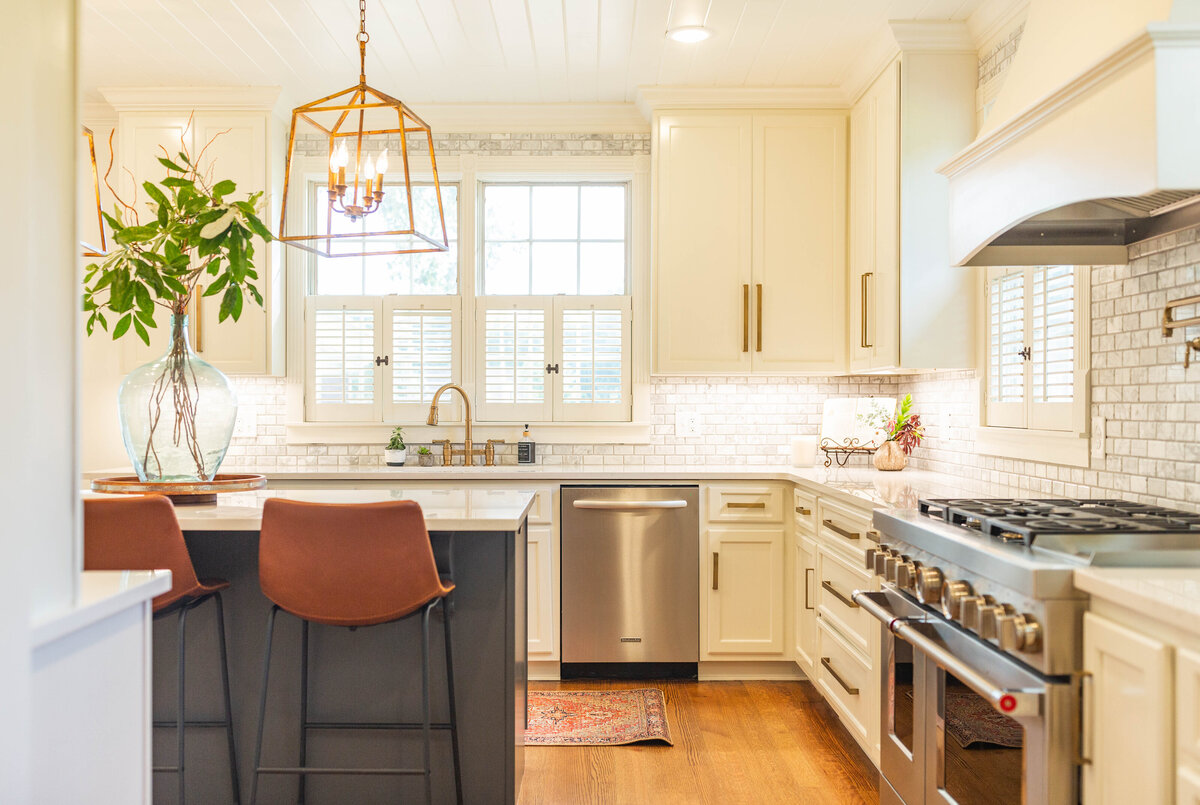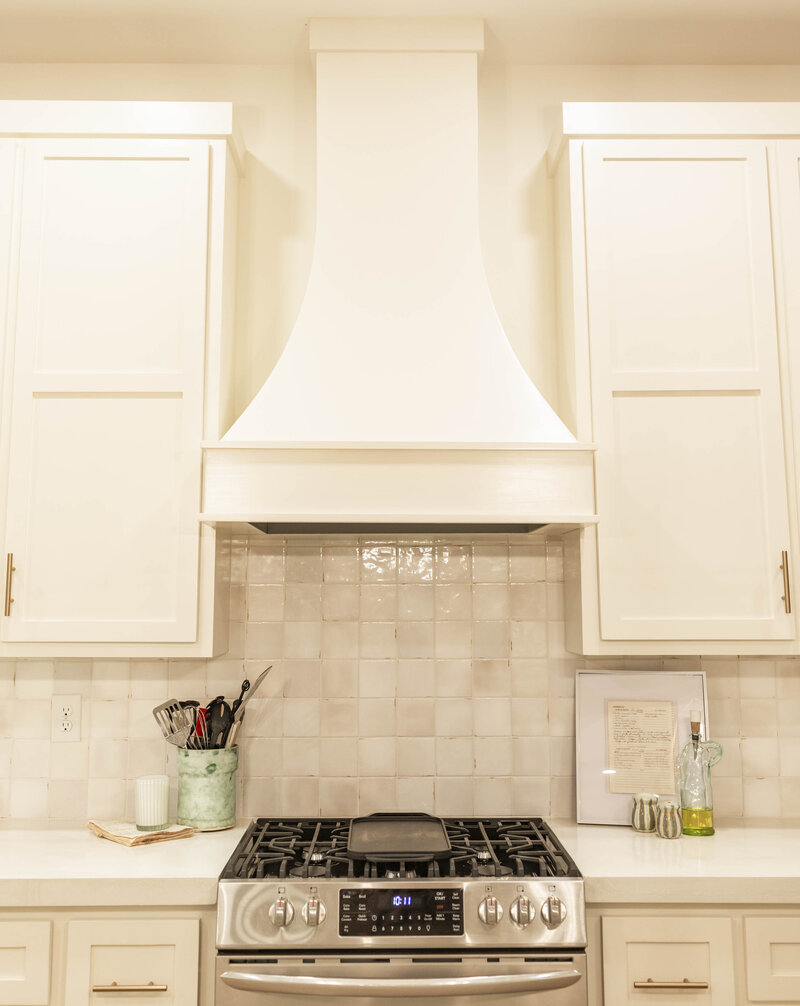
- Kitchen
Vancouver-Specific Building Codes for Kitchen Renovations
- By matin@quayconstruction.ca
Ignoring Vancouver-specific building codes for kitchen renovations can lead to costly delays, fines, and even project shutdowns. Whether you’re updating your cabinets, installing new appliances, or completely remodeling your kitchen, understanding and adhering to local building codes is essential. In this blog post, we’ll dive into the Vancouver-specific building codes for kitchen renovations, explaining why they matter, what they cover, and how to ensure your project complies. By following these guidelines, you can avoid common pitfalls and create a safe, functional, and beautiful kitchen that meets all legal requirements.
Why Vancouver-Specific Building Codes for Kitchen Renovations Matter
Building codes exist to ensure safety, accessibility, and structural integrity. Under the Vancouver Charter, the City of Vancouver is allowed to adopt by-laws to regulate the design and construction of buildings. In this post, for simplicity, we’ll refer to these by-laws as codes, as they combined with BC Building Code dictate construction requirements.
In Vancouver, these codes are tailored to address the city’s unique climate, seismic activity, and urban density. Ignoring them can result in:
Fines and Penalties: Non-compliance can lead to hefty fines and legal issues.
Project Delays: Failing to obtain the proper permits can halt your renovation.
Safety Risks: Skipping code requirements can compromise the safety of your home.
By understanding Vancouver-specific building codes for kitchen renovations, you can protect your investment and ensure a smooth renovation process.
Key Vancouver-Specific Building Codes for Kitchen Renovations
When planning a kitchen renovation in Vancouver, you’ll need to consider several key building codes. These regulations cover everything from electrical and plumbing work to ventilation and structural changes. Here’s a breakdown of the most important codes to keep in mind:
1. Electrical Codes
Electrical work is a critical component of any kitchen renovation. Vancouver’s electrical codes ensure that all wiring, outlets, and fixtures are installed safely and meet current standards.
Outlet Placement: Outlets must be installed no more than 1.5 meters apart along countertops and within 1 meter of sinks.
GFCI Protection: All outlets near water sources (e.g., sinks) must have Ground Fault Circuit Interrupter (GFCI) protection to prevent electrical shocks.
Lighting Requirements: Kitchens must have adequate lighting, including task lighting over work areas and general ambient lighting.
2. Plumbing Codes
Plumbing codes in Vancouver ensure that your kitchen’s water supply and drainage systems are safe and efficient.
Permit Requirements: Most plumbing work, including moving or installing new pipes, requires a permit.
Ventilation: Proper ventilation is required to prevent moisture buildup and mold growth.
Backflow Prevention: Install backflow prevention devices to protect your water supply from contamination.
3. Ventilation Codes
Proper ventilation is essential for maintaining air quality and preventing moisture-related issues in your kitchen.
Range Hoods: A range hood that vents to the outside is required for stoves and cooktops.
CFM Rating: The range hood must have a minimum airflow capacity (measured in cubic feet per minute or CFM) based on the size of your kitchen.
Ductwork: Ducts must be made of non-combustible materials and installed according to code.
4. Structural Codes
If your kitchen renovation involves structural changes, such as removing walls or adding windows, you’ll need to comply with Vancouver’s structural codes.
Load-Bearing Walls: Removing or altering load-bearing walls requires a permit and professional engineering assessment.
Permits: Structural changes typically require a building permit and inspection.
Seismic Considerations: Vancouver’s seismic activity means that structural changes must meet strict earthquake-resistant standards.
5. Accessibility Codes
Vancouver’s building codes also include accessibility requirements to ensure that kitchens are usable for people of all abilities.
Countertop Height: At least one section of countertop must be no higher than 34 inches to accommodate wheelchair users.
Clear Floor Space: Ensure there’s enough clear floor space (at least 30×48 inches) in front of appliances and work areas.
Door Widths: Doorways must be at least 32 inches wide to allow easy access.
How to Ensure Compliance with Vancouver-Specific Building Codes for Kitchen Renovations
Complying with Vancouver-specific building codes for kitchen renovations doesn’t have to be overwhelming. If you’re planning on self-performing or overseeing your own renovation, here’s a step-by-step guide to help you navigate the process:
1. Research and Plan
Start by researching the specific codes that apply to your project. Create a detailed plan that outlines all the changes you want to make and how they align with local regulations.
2. Obtain Permits
Most kitchen renovations in Vancouver require permits, especially if you’re making structural, electrical, or plumbing changes. Submit your plans to the City of Vancouver for review and approval.
3. Hire Licensed Professionals
Work with licensed contractors, electricians, and plumbers who are familiar with Vancouver’s building codes. They’ll ensure that all work is done to code and passes inspections.
4. Schedule Inspections
Once the work is complete, schedule inspections to verify compliance. Inspections are typically required for electrical, plumbing, and structural work.
5. Keep Records
Maintain detailed records of all permits, inspections, and receipts. These documents will be valuable if you decide to sell your home in the future.
Common Mistakes to Avoid
Even with the best intentions, it’s easy to make mistakes when navigating Vancouver-specific building codes for kitchen renovations. Here are some common pitfalls to watch out for:
Skipping Permits: Failing to obtain the necessary permits can result in fines and project delays.
Cutting Corners: Using subpar materials or unlicensed contractors may save money upfront but will likely lead to costly repairs down the line.
Ignoring Accessibility: Overlooking accessibility requirements can limit the usability of your kitchen and reduce your home’s value. (This is more of a concern in single family homes and townhomes rather than Vancouver condo kitchen renovations)
Why Choose QUAY for Your Kitchen Renovation in Vancouver?
At QUAY, we understand the importance of complying with Vancouver-specific building codes for kitchen renovations. Here’s why homeowners trust us:
Expert Knowledge: We’re well-versed in local building codes and ensure all work meets or exceeds regulations.
Seamless Process: We handle permits, inspections, and compliance, so you don’t have to.
Quality Craftsmanship: Our team delivers high-quality results that are both beautiful and code-compliant.
Client Satisfaction: We prioritize your needs and ensure a stress-free renovation experience.
Conclusion
Understanding and adhering to Vancouver-specific building codes for kitchen renovations is essential for a successful project. By following these guidelines and working with a trusted contractor like QUAY, you can create a safe, functional, and stunning kitchen that meets all legal requirements. Ready to get started? Contact QUAY today for a free consultation and let’s bring your dream kitchen to life!




